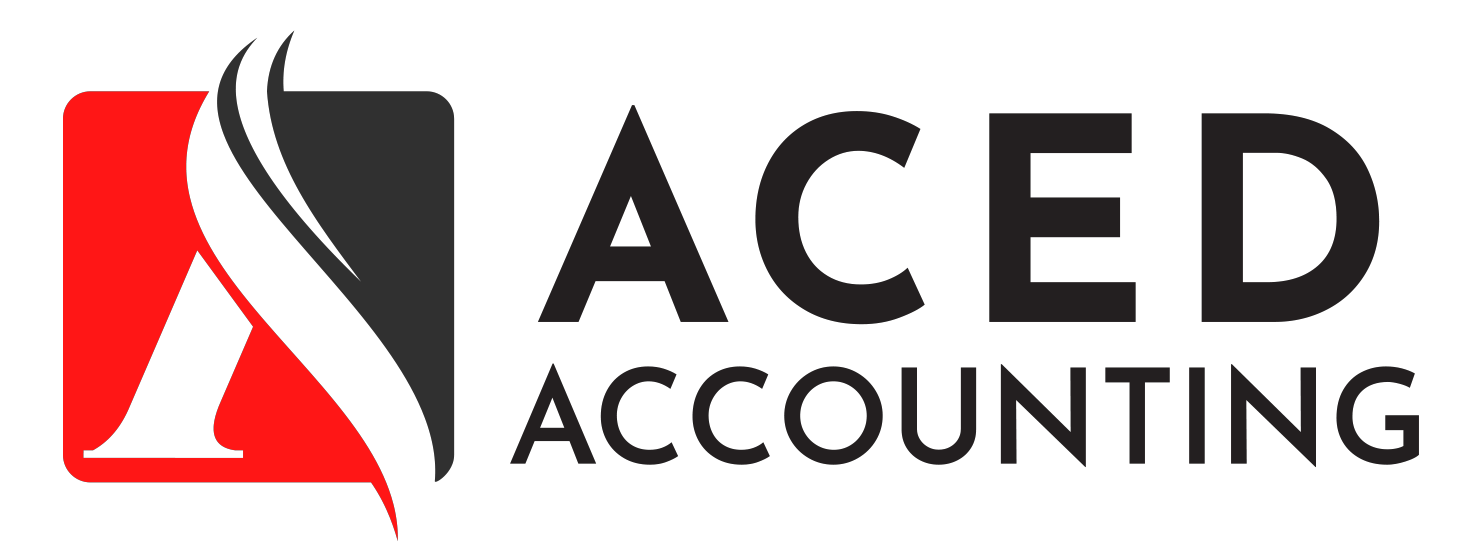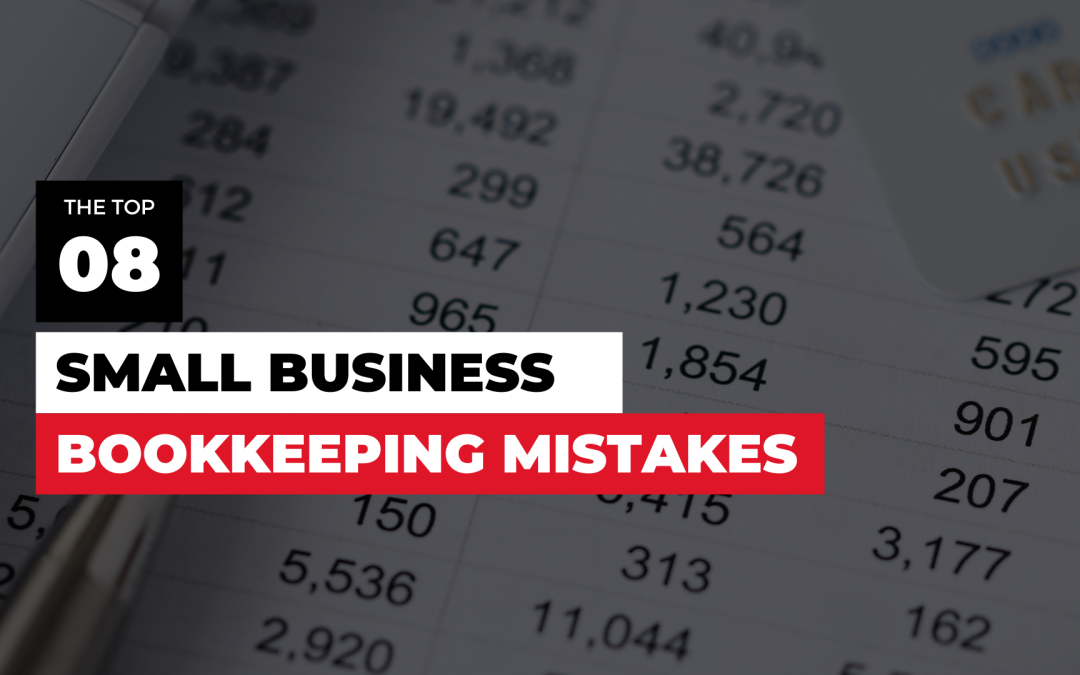Ignoring Small Expenditures
One of the small businesses most common bookkeeping mistakes is paying attention to their small expenditures. This can add up quickly and cost them more in taxes or fines than they would have otherwise paid if they had kept track of these costs.
It’s best to keep track of every single purchase, no matter how small it may seem, as this will give you a better idea of the financial state of your business. These small purchases are tax-deductible, which could save you money in the long run.
To avoid overlooking these costs, set up an accounting system where all purchases are logged and tracked regularly. This will give you a clear picture of where your money is going and provide you with an easy way to keep track of your expenses.
Not Monitoring Cash Flow
Without proper cash flow management, businesses can find themselves running low on funds, unable to pay bills on time, or worse—having to borrow money to stay afloat. Unfortunately, this is a bookkeeping mistake made by many small business owners who don’t realize that tracking their cash flow is essential for financial success. Not monitoring cash flow can lead to businesses not having enough funds when they need them the most, leaving them unable to pay their bills or purchase materials for their operations.
The best way to avoid this bookkeeping mistake is by creating a cash flow statement that will help you understand when and how much money is coming in, so you can better plan for expenses. Additionally, make sure to track all receivables, as this will give you a better idea of when you’ll receive payments and allow you to have enough funds when needed.
Inaccurate Recordkeeping
Not accurately tracking your financials can lead to costly mistakes, such as incorrect taxes or misrecorded expenses. Additionally, not having accurate records makes it difficult for you to understand the exact state of your business and how much money you owe vendors.
Always double-check your records to ensure all the information is correct. Ensure that all transactions are logged on time and that any necessary documents, such as receipts or contracts, are kept in order. Additionally, set up an organized filing system for your financials so you can easily find the information you need when needed. Doing this helps ensure that your bookkeeping is accurate and up-to-date, saving you time and money in the long run.
Misclassifying Employees and Contractors
It’s important to distinguish between employees and contractors, as they are taxed differently. Misclassifying them can lead to costly penalties, so it’s best to make sure you categorize them correctly. It’s important to understand the differences between the two and how they are taxed.
Employees are typically paid a salary or wages and receive benefits, whereas contractors are self-employed individuals who receive payment for services rendered. Ensure you keep track of all payments to employees and contractors, so your records are accurate when filing taxes. This will help you avoid any costly penalties due to misclassification.
Not Understanding Bookkeeping Software
Understanding bookkeeping software can be a major hurdle for businesses, as it’s critical to running their operations efficiently and correctly. If a business needs to understand the basics of bookkeeping software, it can make costly errors that could have been easily avoided. It’s important to take the time to learn how to use the software and make sure all transactions are properly recorded.
Additionally, make sure you take advantage of any tutorials or resources offered by bookkeeping software providers to help businesses understand how to use the program. By doing this, small businesses can ensure they are using the software correctly and benefiting from its features.
Incorrectly Assigning Accounts
It’s important to ensure that all expenses and income are properly categorized so you can accurately track the flow of money within your business. Additionally, it’s important to assign each account to the correct ledger or chart of accounts for your bookkeeping to be accurate.
Double-check your accounts and categories regularly to ensure all expenses are assigned correctly. It can also be helpful to consult with a bookkeeper or accountant if you have any questions or concerns about how to assign your accounts best. Doing this can help ensure that your bookkeeping is accurate and up-to-date.
Improperly Categorizing Transactions
Improperly categorizing transactions is another common bookkeeping mistake made by small businesses. It’s important to assign each transaction to the correct account and ledger for your bookkeeping to be accurate. It’s difficult to accurately track expenses, income, and other financial information without proper categorization.
To avoid this mistake, double-check the categories of each transaction and make sure they are correct. Additionally, if you are still determining how to categorize a transaction, consulting with a bookkeeper or accountant for guidance can be helpful. Doing this can help ensure that your bookkeeping is accurate and up-to-date.
Neglecting to Follow Up on Invoices
Failure to follow up on invoices can be a costly bookkeeping mistake for small businesses. It’s important to keep track of all invoices properly, as failing can lead to missed payments and potential cash flow issues. To avoid these bookkeeping errors, follow up with clients who still need to pay their invoices.
It can be helpful to set up reminders and automated payment systems so that your business is proactively managing its accounts receivable. Doing this can help ensure all payments are made on time and in full. By taking the initiative to follow up on overdue invoices and staying on top of accounts receivables, small businesses can ensure their bookkeeping is accurate and up-to-date.
Final Thoughts
Bookkeeping mistakes can be costly for small businesses, so it’s important to take the time to understand and properly manage bookkeeping processes. By avoiding the common bookkeeping errors discussed in this blog, such as incorrectly assigning accounts and needing to understand bookkeeping software, small businesses can ensure their bookkeeping is accurate and beneficial to their business operations.
Additionally, following up on invoices and properly categorizing transactions can help ensure that all financial information is accurately tracked. By following these guidelines, small businesses can avoid costly bookkeeping errors and effectively manage their finances.

